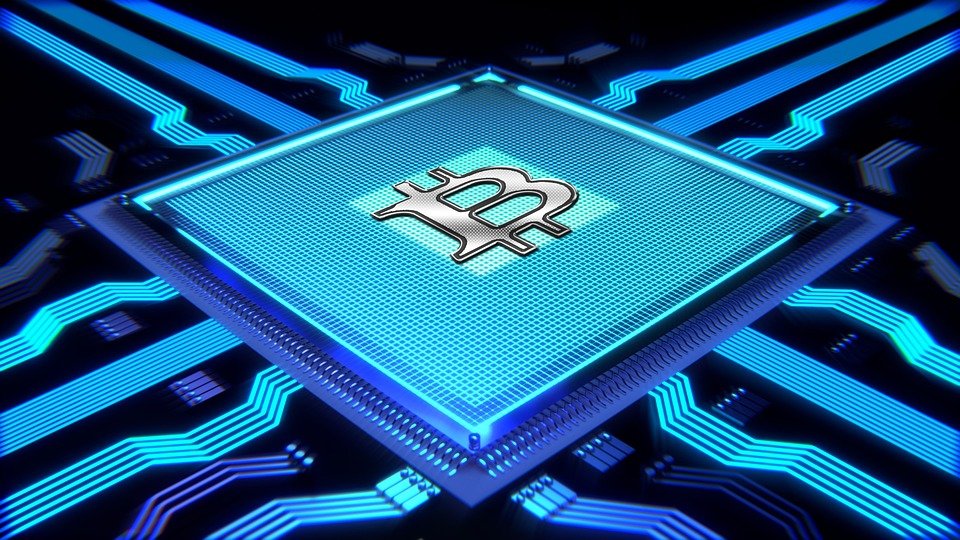In today’s rapidly evolving world, the concept of decentralization has become increasingly popular. From blockchain technology to decentralized finance, more and more industries are exploring the benefits of distributing power and control away from centralized authorities. However, navigating the challenges of decentralization in an interconnected world can be complex and fraught with obstacles.
One of the key challenges of decentralization is the issue of interoperability. With multiple decentralized systems operating independently, ensuring that they can communicate and interact with each other seamlessly is crucial. This requires standardized protocols, data formats, and APIs to enable interoperability between different decentralized platforms. Without this interoperability, the potential of decentralization to transform industries and create new opportunities may be limited.
Another challenge of decentralization is governance. In a decentralized system, decision-making power is distributed among a network of participants, making it difficult to coordinate and reach consensus on important issues. Without a centralized authority to resolve conflicts and enforce rules, decentralized networks must rely on mechanisms such as voting, governance tokens, and smart contracts to govern themselves effectively. However, these mechanisms can be complex and prone to manipulation, leading to governance challenges that must be carefully navigated.
Security is also a major concern when it comes to decentralization. While decentralized systems offer increased resilience to single points of failure and censorship, they are also vulnerable to security threats such as hacking, fraud, and malicious actors. Ensuring the security and integrity of decentralized networks requires robust encryption, authentication, and consensus mechanisms to protect against attacks and maintain trust in the system.
In addition, scalability is a crucial challenge for decentralized systems. As more users join a decentralized network and the volume of transactions increases, the system must be able to handle the growing demand without sacrificing performance or efficiency. Scalability issues such as network congestion, high transaction fees, and slow confirmation times can hamper the adoption and success of decentralized platforms, making it essential to design architectures that can scale effectively.
Despite these challenges, the potential benefits of decentralization in an interconnected world are immense. By distributing power and control, decentralized systems can foster innovation, promote transparency, and empower individuals to take control of their own data and assets. However, navigating the challenges of interoperability, governance, security, and scalability is essential to realizing the full potential of decentralization in today’s interconnected world.
In conclusion, decentralization presents a powerful opportunity to transform industries and create new possibilities in an interconnected world. By addressing the challenges of interoperability, governance, security, and scalability, decentralized systems can unlock the full potential of distributed networks and empower individuals to shape the future of technology and society. Navigating these challenges will require collaboration, innovation, and adaptability, but the rewards of a more decentralized and interconnected world are well worth the effort.




